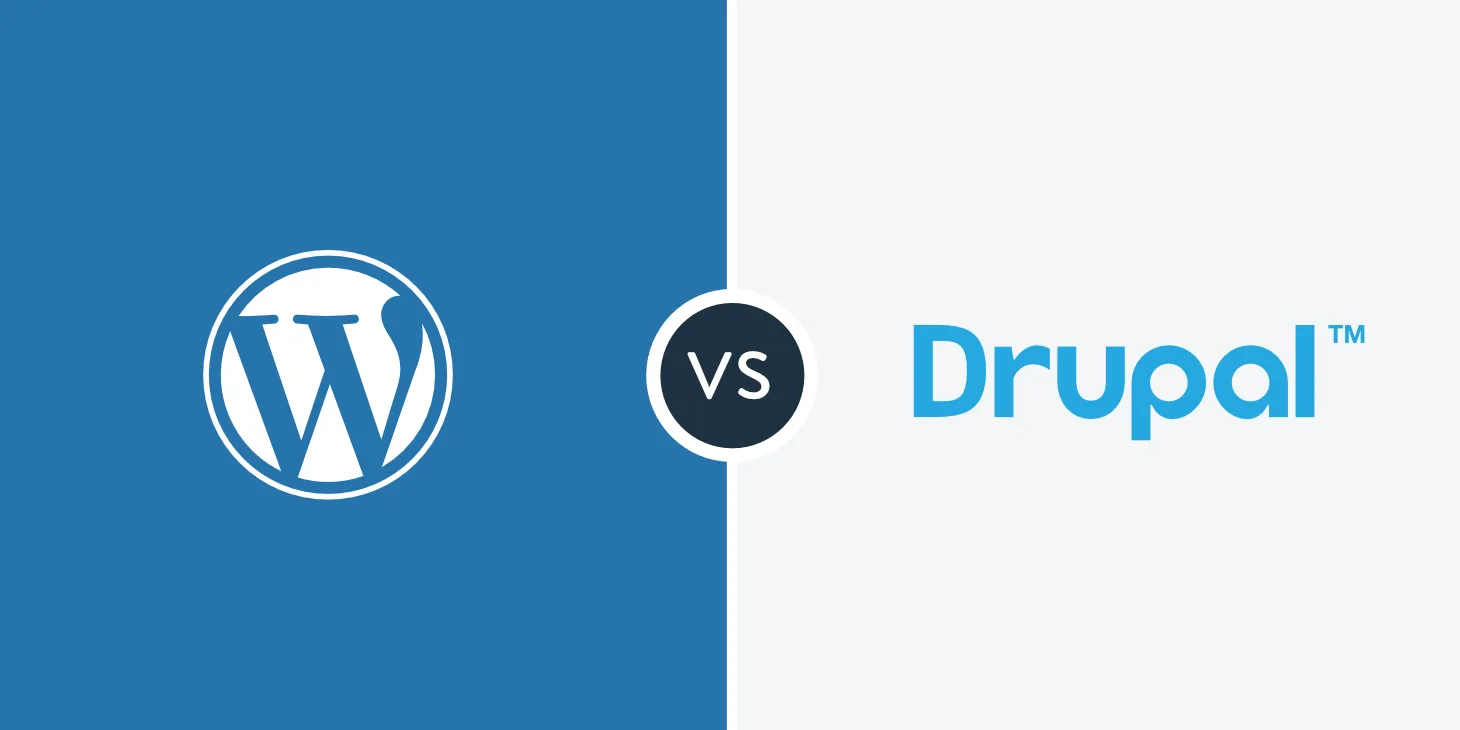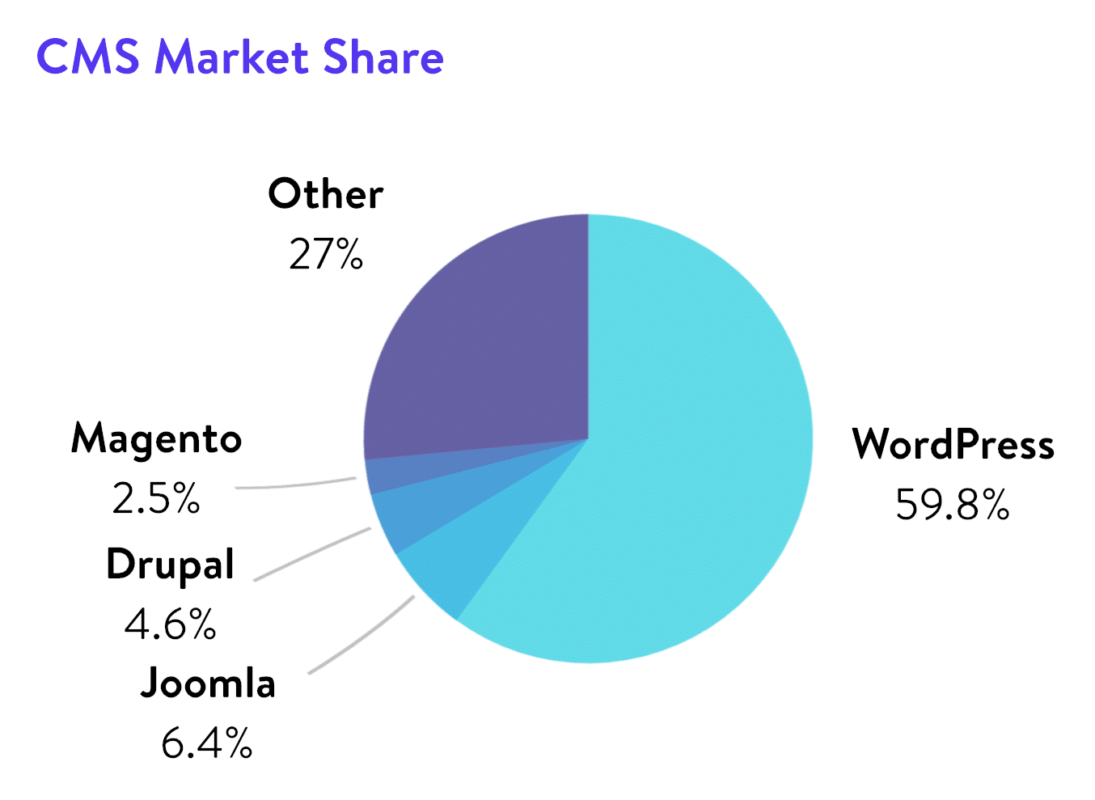Why do so many people use Drupal instead of WordPress?

When it comes to content management systems (CMS), two popular platforms often dominate the conversation: Drupal and WordPress. While WordPress has long been hailed as the go-to choice for bloggers and small businesses, Drupal continues to gain popularity among larger organizations and enterprises. So, why do so many people choose Drupal over WordPress? Let’s delve into some of the reasons behind this trend.

In the world of content management systems (CMS), two prominent platforms, Drupal and WordPress, often take the spotlight. While WordPress remains popular among bloggers and small businesses, Drupal is increasingly favored by larger organizations and enterprises. So, what sets Drupal apart and attracts so many users away from WordPress? Let’s explore 8 key reasons:
1. Scalability and Flexibility
One of the key reasons why many opt for Drupal over WordPress is its scalability and flexibility. Drupal is known for its robust architecture and ability to handle complex websites with thousands of pages and high traffic. It provides more control over the website’s structure and functionality, making it a preferred choice for organizations with specific and unique requirements.
2. Security
Security is a top priority for many website owners, particularly for those dealing with sensitive data or transactions. Drupal is renowned for its strong security features and proactive community that regularly releases security patches and updates. Many enterprises trust Drupal to power their websites due to its solid track record in terms of security.
3. Customization and Extensibility
Drupal offers a high degree of customization and extensibility, allowing developers to create tailored solutions that meet the exact needs of the organization. Its modular architecture enables the integration of various modules and extensions, providing endless possibilities for functionality enhancement and feature additions.
4. Community Support
Drupal boasts a large and active community of developers, designers, and users who contribute to the platform’s growth and improvement. The community provides valuable resources, documentation, and support, making it easier for users to troubleshoot issues, learn new skills, and stay updated on the latest trends in web development.
5. Enterprise-level Features
For organizations looking for enterprise-level features such as advanced user permissions, content workflows, multisite management, and advanced analytics, Drupal offers a comprehensive solution out of the box. These features make Drupal a preferred choice for larger businesses, government agencies, and educational institutions.
6. Multilingual Support
With built-in multilingual capabilities, Drupal caters to organizations operating on a global scale, allowing them to deliver content in multiple languages.
7. Long-term Viability
Drupal has a solid track record and is backed by an established and committed community, providing reassurance that it will continue to evolve and stay relevant.
8. Performance Optimization
Drupal’s highly efficient caching system and built-in performance optimization tools contribute to fast loading times, an essential factor in user engagement.
Conclusion
While WordPress remains a popular choice for many individuals and small businesses, Drupal continues to attract a dedicated following among organizations with more complex requirements and a focus on scalability, security, and customization. The decision to choose Drupal over WordPress ultimately depends on the specific needs and goals of the website owner, but it’s clear that Drupal’s strengths in these key areas have solidified its position as a leading CMS in the industry.
These points highlight the reasons why many individuals and enterprises opt for Drupal over WordPress. While WordPress remains popular for its simplicity and ease of use, Drupal’s superior scalability, customization options, security features, and enterprise-level capabilities make it the preferred choice for those with more complex website needs. Whether for large organizations, government agencies, or educational institutions, Drupal offers the tools necessary to build robust, secure, and highly customizable websites.
